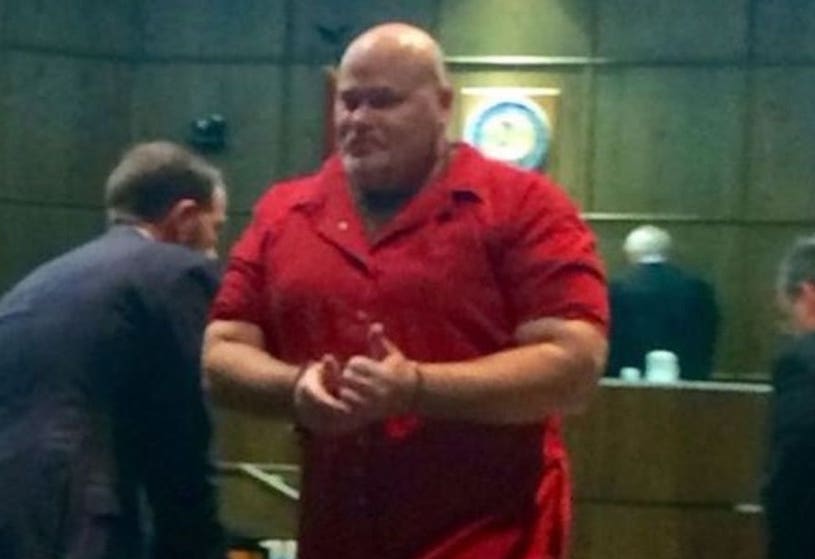Per reports, the death row inmate, James, reportedly begged for untested fingerprints to be tested right before being executed. In an attempt to prove his innocence, the man provided crucial evidence. The death row inmate, James, was sentenced to death row for killing Deputy DonaId. According to the court documents, the inmate repeatedly denied the charges, claiming his former roommate, James, framed him.
MarIon took to his website to make his claim: “James had discovered that Sheriff’s Deputy named DonaId was seemingly having an affair with Tina who was James’ wife. On several different occasions, James has stated to several different individuals that his wife was seeing a cop and that he was going to kill him, and in the early morning hours of September 6th, 2001, that is exactly what he did. And then, to throw suspicion off of James, he ran to police pointing his finger at me because I had a pending police brutality lawsuit against the CPD which was scheduled to be heard on September 17th, eleven days after Deputy Bond’s death.
MarIon also added that after he found out about James’ drug habits, he asked him to vacate the premise. He also started a petition to get him off the death penalty, which has received over 470 signatures. The petition’s stated goal is 1k signatures. “MarIon is on death row, because of police corruption, and police ineptness,” one person who signed the petition wrote in the comments section. ” knew about James’ criminal activities, and therefore Marlon was a liability to him.”
Marlon also petitioned the court for post-conviction relief. As part of that petition, his attorneys had authorities test palm and fingerprints on DonaId’s flashlight and car. But, in an attempt to prove his innocence, the prisoner on death row inadvertently provided more evidence that he committed the crime. The results revealed the prints were MarIon’s. Previous evidence linking Marlon to the crime reportedly included fibers from DonaId’s clothes. Dear readers, we are republishing this story amid a nationwide discussion about reform in the criminal justice system as well as steps individuals and organizations around the country are taking to fight wrongful convictions.


